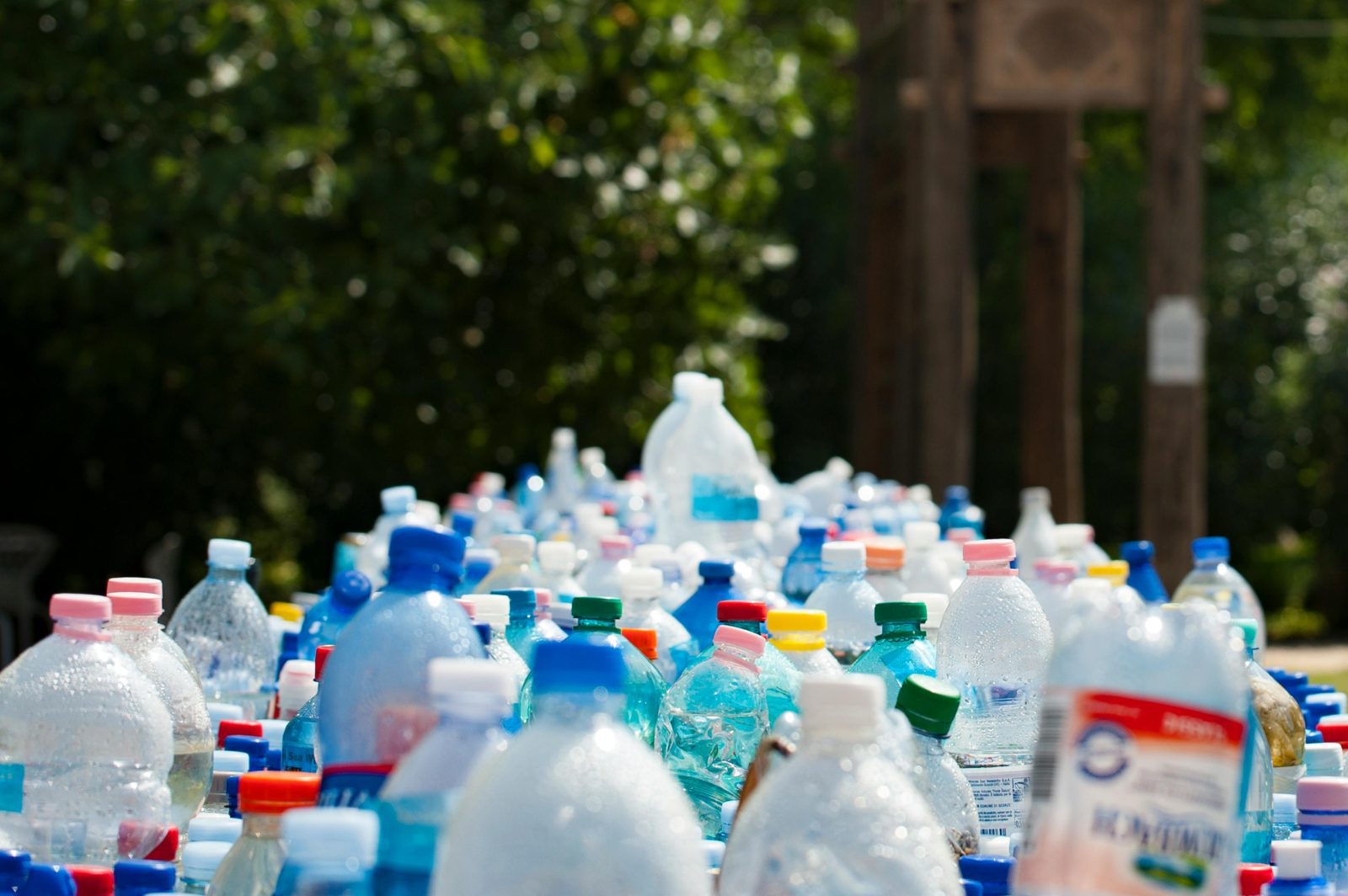Starting next year, Czech municipalities and their residents will face stricter waste sorting requirements as part of a nationwide push towards better recycling practices. Local authorities will be tasked with sorting 60% of all municipal waste, a target that has proven challenging for many cities to date.
The initiative aligns with European Union’s environmental goals, which aim to achieve a 60% recycling rate for daily waste by 2030. Current statistics reveal room for improvement – Prague and Brno only manage to sort about one-third of their waste, while Ostrava performs slightly better at around 50%.
To support this transition, the government has announced a 400 million crown grant program for municipalities. Local authorities can receive up to 40% funding for composters, with an additional 15% bonus for choosing eco-friendly “green” composters. These composters will benefit not just private households but also community gardens, schools, kindergartens, and other public institutions.
One of the most significant changes involves textile waste management. Currently handled by non-profit organizations and commercial companies, textile collection will become a municipal responsibility in 2025. The collected textiles will be repurposed as clothing, cleaning materials, or industrial filling, with some items being exported for recycling abroad.





